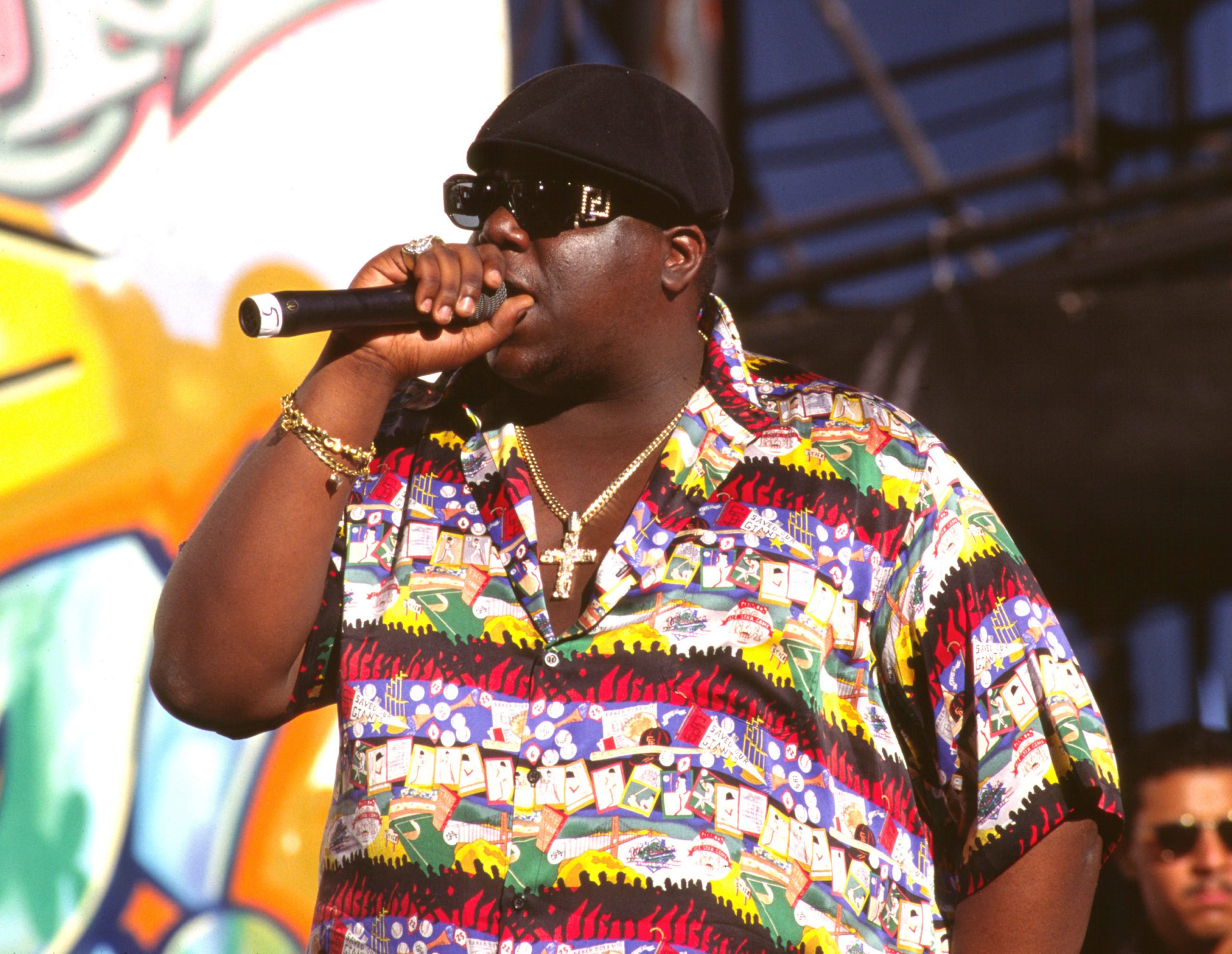As Florida A&M University pulls back the layers of a massive donation scandal, it has also unveiled the ongoing dilemma of HBCU underfunding and desperation to secure financial resources.
The matter first came to light on May 4th during FAMU’s Commencement ceremony when mysterious businessman Gregory Gerami presented the school with a staggering $237 million check from the Isaac Batterson Family 7th Trust. Gerami confidently addressed the crowd of graduates, declaring, “The money is in the bank,” as The O’Jays’ “For The Love of Money“ played in the background. The vibrant scene felt perfectly suited for the historically Black university. However, the celebration was short-lived as graduates, students, and faculty raised immediate questions about the generous donor who seemingly appeared out of nowhere.
Gerami presented himself as a hemp entrepreneur and the CEO of Batterson Farms Corp, which touted itself as a “hydroponic farming and hemp plastic company.“ Additionally, he claimed to be the overseer of his family’s trust. Unfortunately, the red flags arose rather quickly. Little was known about Batterson Farms, which did not appear to list a physical address on Gregory’s non-disclosure agreement with FAMU. Oddly enough, the company’s website also did not list an address, which seemed peculiar for a farm. An Instagram page for the company also offered little information about the hemp farm company. Instead, it spoke of a possible Gregory Gerami jewelry line that was in the works. One of the most damning revelations was the company’s alleged co-CEO Kimberly Abbott revealing that she’d never worked for Gerami despite his claiming so.
As social media sleuths continued digging, FAMU leadership’s lack of transparency did not help the matter. The university’s President, Larry Robinson, seemingly began talks with Gerami months before the monumental donation, believed to be the biggest in HBCU history, was finalized. Just a handful of board members were made privy to the money. Others were left in the dark, only learning of the donation when the check was presented during the graduation ceremony. On May 9th, the school announced that they were putting the donation on hold while more investigation was done, and as the details emerged, it was clear that FAMU would not be receiving the funds anytime soon, if ever. In fact, the money was not in the bank, as Gerami previously declared. Instead, the Isaac Batterson Family 7th Trust donated “14 million shares of stock of intrinsic value worth at least $239,000,000.“ Per Groww, “Intrinsic value is the anticipated or calculated value of a company, stock, currency or product determined through fundamental analysis.“ Unfortunately, no experts were brought in to validate the stock’s values, and it appears that standard oversight procedures were overlooked in favor of securing the grant, which has now proved fruitless.
During a May 15th Special Meeting of the FAMU Board of Trustees, President Robinson was forced to admit that he “ignored the warning signs along the way.“ However, FAMU’s Vice President of University Advancement, Shawnta Friday-Stroud, caught the most flak for the soured deal, stepping down from her position but remaining the Dean of the business school. That meeting also confirmed a third-party investigation would be taking place to review how the faulty donation had been able to make it so far without anyone questioning its validity.
Many have voiced criticism of the university for seemingly failing to research Gerami and his other suspicious donations that never fully materialized. However, it appears that FAMU leadership was operating under the burden of underfunding, which has been a decades-long issue for the Tallahassee landmark and HBCUs across the country. In September 2022, six FAMU students filed a class-action lawsuit, accusing Florida of discriminatory funding practices. To put it in perspective, FAMU received $123 million in state funds in 2020, which is roughly $13,000 per student. On the other hand, the University of Florida, a PWI, received $15,600 per student despite both schools being land-grant research institutions. Per this lawsuit, FAMU had been underfunded by at least $1.3 billion from 1987 until 2022. The following year, a study from the U.S. Department of Education estimated that HBCUs, in total, had been underfunded by at least $12 billion. Grim numbers such as these could have been the motivating factor behind the lack of probing into Gerami’s nine-figure gift, which he maintains is still legitimate.
It remains to be seen what the third-party analysis will uncover about FAMU and Gerami’s steps leading up to the viral donation. Nevertheless, the situation is a testament to the urgent need for adequate HBCU funding.



